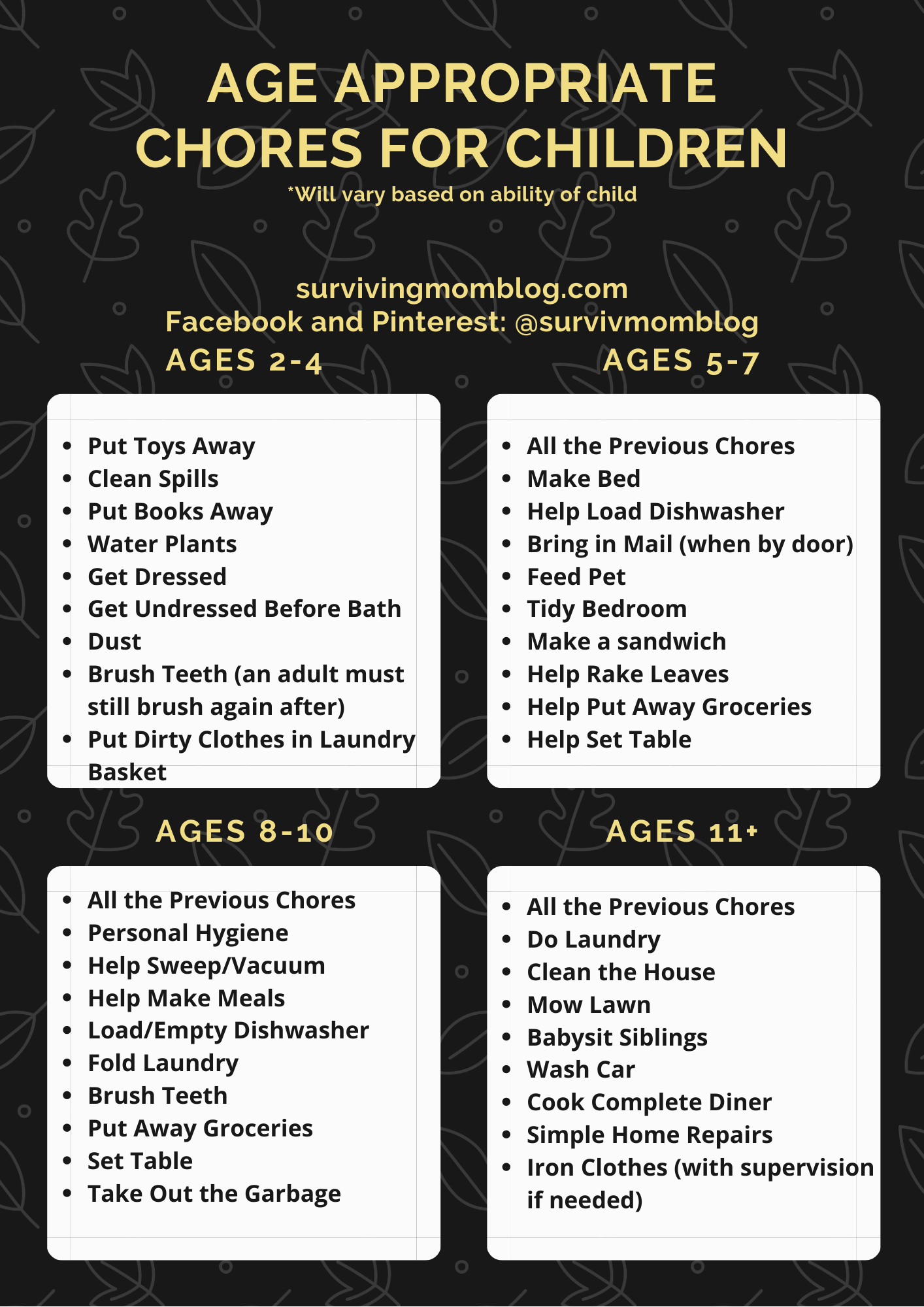
WHAT IS AN ENTITLED CHILD?
We love our kids. That is a given. However, in our quest to shower our kids with love and the best things in life, we often find ourselves raising entitled children. How does a child become entitled? They seem unappreciative and act demanding, ungrateful, and selfish. In a nutshell, we took a wrong turn somewhere along the way and found ourselves in Entitled City.
TIPS AND STRATEGIES TO AVOID RAISING ENTITLED CHILDREN
Do you ask yourself, “Why is my child so entitled”? Here are 10 strategies on how to avoid raising entitled children and stop entitled behavior dead in its tracks:
(1) Gifts are a privilege
Kids need their basic needs met- food, clothing, and shelter. Many of us didn’t have many materialistic things growing up, so we want our children to have what we lacked. Remember that gifts don’t fulfill what our kids really need. Love and memories are what matter most. Memories are far more valuable than tangible objects.
Of course, that doesn’t mean your children shouldn’t get any books, toys, or games. However, be mindful that too much of anything is not a good thing. If your children never want for anything, they will never learn to truly appreciate what they have.
(2) Institute chores

In order to avoid raising an entitled child, teach your child that they have responsibilities in the household as well. This teaches them self-sufficiency and the value of contribution. Chores will obviously vary based on age and ability, but even young children can do chores. This allows them to feel a sense of pride and accomplishment. Increase responsibilities with age and ability, and remember that doing their chores for them is not doing them any favors.
I don’t believe that a child should get paid to do chores, as there are certain obligations that we do simply because they are necessary. I don’t get paid to wash the dishes, and my husband doesn’t get paid to mow our lawn. That said, it is a different story if you want to give your child money for doing extra chores that are not their responsibility. Teaching your child the value of earning money is an important lesson as well.
(3) Give back
We often don’t appreciate what we have until we see how blessed we are. Children don’t always realize that many others lack the things they get so readily. It often takes seeing others who have less than we do to not take things for granted.
Let your child give back and spend time helping others. Whether it is volunteering at a soup kitchen or taking care of animals at the shelter, they are making a difference and see the value of giving. If your child has a ton of toys, let them gather up the ones they no longer use and donate them. Learning that giving is better than receiving is a life lesson worth learning at any age. They will feel good about themselves for helping others. This will help them to appreciate what they have and put their own good fortune into perspective.
(4) Make sure to spend quality time with your children

The amount of time isn’t as important as the quality of time. Teach your children that love isn’t something reflected by the amount of toys they possess. Rather, it is shown by the connections people share. Set aside time each day to focus entirely on your child, without any distractions. Allow your child to determine how you spend your time together. It gives them a sense of control and independence, while teaching them that love cannot be bought. This time together should never be taken away as a punishment.
(5) Do not encourage entitled behavior
If your child doesn’t use their manners, acts demanding, or starts whining, simply state, “I will not discuss this with you until you are respectful.” Then ignore or walk away if necessary. Engaging will only send the message that this behavior is tolerated. When setting expectations, make sure they are age/ability appropriate.
Remember that although it is easier in the moment to give in and buy that candy bar when your child is throwing a tantrum in the store, it is also rewarding inappropriate behavior. It sends the message that your kid is entitled to get what he/she wants at any cost. In order to stop raising entitled children, remember that the values we instill in them now lay the foundation for their adulthood.
(6) Don’t solve their problems
As parents, it is heartbreaking when we watch our kids struggle. We want to step in and do whatever we can to make it easier for them. However, hardships are a part of life. If we don’t teach our children how to handle difficult situations now, how will they be equipped to deal with them as adults? They will grow up expecting that it is other people’s jobs to do challenging things for them. More importantly, they will have no coping skills for life’s challenges.
Talk to your kids about the fact that life isn’t always easy. It is okay to not always be okay. Model for your child ways you give yourself love and support during difficult times. Be a source of support when they are struggling too. Remember that you can support your child without fixing their problems. Instead, brainstorm about what they can do during difficult circumstances so they have the tools to help themselves. The harsh truth is that we will not always be there to soothe our kids and take their pain away. They must learn to rely on themselves.
(7) Teach the importance of intrinsic rewards
Good acts and behaviors are rewards in of themselves. We cannot give our child something every time they behave or say the right thing. It is okay to acknowledge their good behavior, but stress that they should feel proud of themselves. The next time your child makes a good decision say, “You should be proud of the way you ______________. How did that make you feel?” Allow them to take pride in their decisions and feel a sense of responsibility for their actions.
(8) Actions have consequences through choices
Allow your children to make their own choices (within reason and based on age/ability), and to deal with the consequences of those choices. For example, if your child shows no regards for his belongings, remind him that he will misplace his toy if he isn’t mindful of where he puts his things. If he then loses his toy, the natural consequence is that he cannot use the toy it until he finds it. Do not help him look for it or repurchase it for him. Your child will learn that he is responsible for the outcome of his decisions.
(9) Teach your child empathy

First, model empathy by showing concern for other people’s feelings. Demonstrate what you can do to support a person, even if it is just picking up phone and listening.
Next, encourage your child to consider other people’s feelings as well. For example, if a classmate has a family member who is ill, ask your child how they think their classmate is feeling. Discuss ways to comfort others during those difficult times (e.g., telling your classmate you are sorry about their grandmother, making a get well soon card). When events come up, discuss the impact it has on others. Help your child to consider other people’s feelings instead of solely focusing on their own.
(10) Model good behavior
You cannot expect your kid to be well-mannered and appreciative if you walk around demanding and rude. Our children watch and listen more than we realize. Being a kind, giving person goes a long way towards instilling compassion and kindness in our children.
_____________________________________________________________________________________________________________
Our kids will grow up one day, and it is our job as parents to avoid raising entitled children. We must give them the tools they need to be well-adjusted adults . Setting them on the right path now will take them from entitled children to caring, empathetic, and grateful adults.
Disclaimer
This post may contain affiliate links. If you purchase a product via my link I may receive a small commission at no additional cost to you. Please visit our disclaimers here




Naomi P Lane says:
We always made Saturday morning into family chore day. We would make a list and each person would take turns choosing which jobs they wanted. Then we would play loud music and all four of us would clean the house together. It was actually kind of fun.
Randi says:
Brielle has daily chores, but our big cleaning day is on Sunday. I like the idea of playing music while we clean!